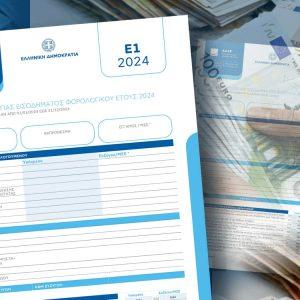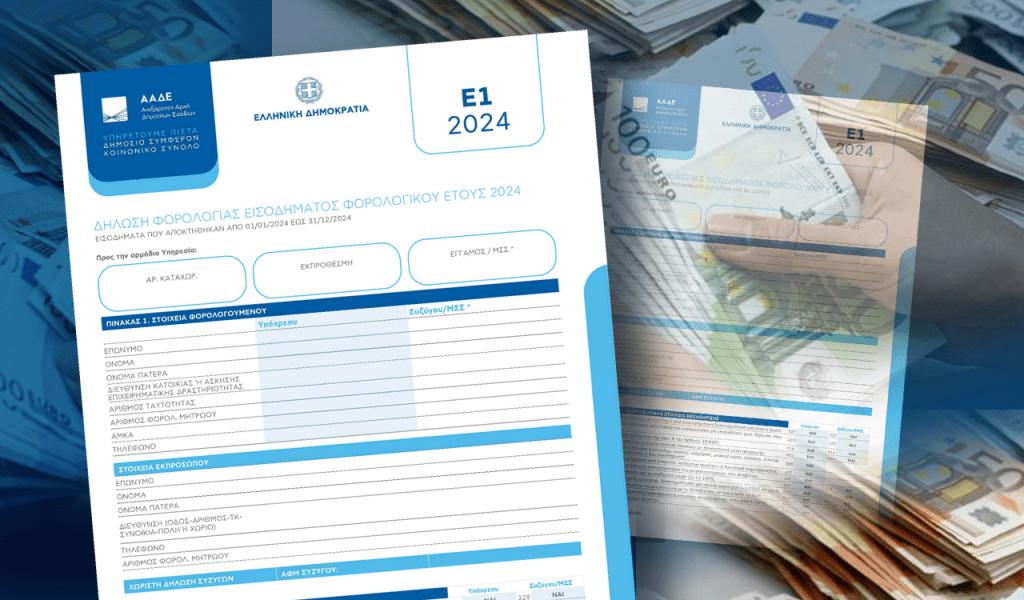Parallel evaluations are underway focusing on the Greek economy, and October augurs a heavy agenda for the financial staff. One front concerns the implementation of the first 15 milestones set in the National Recovery Plan and the second the 12th assessment of the Greek economy which is under enhanced supervision.
The current person in charge of overseeing the Greek Recovery Plan and Deputy Director-General of the Commission’s Economic Affairs Directorate, Declan Costello, is in Athens for consultations related to the 3.5 billion euro Greece 2.0 tranche. According to information, the publication of the new package of projects/actions is expected within the week, possibly on Wednesday.
In the series of contacts that the Deputy Director General of the Economic Affairs Directorate of the Commission has with representatives of the Greek side and with the competent Deputy Minister Theodoros Skylakakis, the issue of the course of the country and the field of reforms may be on the table.
Athens intends to submit the request for the payment of the installment from the Recovery Fund and the disbursement by the end of the year within October. At the same time, discussions have begun with the technical levels of the institutions for the 12th evaluation and on October 19-20, the leaders will take over. The focus is on the 2022 budget, the acceleration of reforms in health and justice, as well as the thorn in the side of reducing public arrears to individuals. The report will be accompanied by a new debt sustainability report and is linked to the disbursement of a € 743 million tranche.
Prerequisites for the next installment – Time milestone: 3rd and 4th quarter of 2021
The primary goal of the government is to complete the prerequisites in order to unlock the next installment of 3.5 billion euros. The next step will be the loan program, which totals 12.7 billion euros. The text of “eligibility” was given in a public consultation by the Minister of Finance Theodoros Skylakakis last month and concerns significant private investments that promote green economy, digital transition, innovation, economies of scale and exports.
It provides, inter alia, to cover 30% – 50% of project costs, for five categories of business plans (digital transformation, green transition, extroversion, development of economies of scale through partnerships, acquisitions and mergers, innovation – research and development) and evaluation by independent auditors. The terms include the requirement for at least 20% own participation and at least 30% third party resources. with a loan duration of 8 to 12 years.
The banking institutions evaluate the credibility of the respective investor and the viability of the investment, without the intervention of the state mechanism, while certified independent auditors evaluate the eligibility of the investments in terms of the requirements and guidelines of the National Recovery Plan (Sustainable and Resilient) monitor compliance with the relevant state aid rules (GAC, De Minimis, etc.).
The subsidies
Specifically, the 13 milestones of 2021 associated with subsidies are:
– Entry into force of a ministerial decision by the Ministry of Environment and Energy for the approval of the action plan for energy poverty, with categories of policy measures in the plan:
Awareness and information measures
Measures for the short-term protection of energy-poor households, including: the definition of households facing energy poverty, through specific quantitative criteria, and a specific procedure for monitoring and evaluating the evolution of energy poverty,
– Framework for installation and operation of charging infrastructure for electric vehicles – Entry into force of legal framework and ministerial decisions for operation of charging infrastructure for electric vehicles. Providing tax incentives for the purchase of electric vehicles and the installation of charging infrastructure for electric vehicles.
– Public transport – Entry into force of a revised legal framework. The revised framework should: a) oversee the design, organization and operation of the relevant transport networks, c) ensure high quality public road transport at the lowest possible cost, d) regulate the process of granting exclusive rights to operate public transport regional and urban routes (planned and fixed routes), and e) to regulate the level of compensation for the provision of the aforementioned services. In addition, the law sets out the general criteria for future procurement of passenger transport services.
– Sustainable use of resources, climate resilience and environmental protection – Waste management law for the implementation of sustainable landfill and recycling – Entry into force of a law on recycling and landfill as well as the introduction of incentives for municipalities to achieve high rates reuse and recycling and landfill tax. Landfill tax applies from the first quarter of 2022 and tariffs increase progressively until they reach the landfill tax ceiling by the third quarter of 2024.
– Promoting job creation and participation in the labor market – Entry into force of the labor law that will modernize: a) the law on individual labor law, b) the law on collective labor and trade union law, c) the system “Instruments” of the Ministry of Labor used to monitor the labor market and to identify undeclared and undeclared work, and d) the framework for the balance of family and professional life.
Entry into force of the organizational reform of the Employment Organization of the Hellenic Human Resources (OAED), restructuring, renovation and renaming of the local public employment services in order to improve the quality, capacity and efficiency of the services offered.
– Reduction of clawback and streamlining of healthcare costs – Entry into force of a legal framework (primary law) for risk sharing in clawback calculation by setting a binding clawback reduction target in the coming years. To the extent that this is not achieved, the difference between the targeted reduction and the actual reduction for each year will not be recovered by the pharmaceutical industry and the relevant amount will be borne by the state budget.
– Interventions in the tax administration and the collection of taxes – Entry into force of primary legislation and secondary law for the introduction of over-deduction for tax purposes of eligible SME expenditures for green economy and digitization investments – Codification of tax legislation tax coding.
Improving competitiveness and promoting private investment and trade. Draft legislation to encourage business extroversion Also plans to consult primary and secondary legislation that provide improvements to the legal framework for taxation, finance and licensing, and incentives for mergers, conversions and acquisitions.
– Improving the efficiency of the justice system – Compiling a list of buildings not affected by the revision of the judicial charter.
– Strengthen the financial sector and the capital markets with the entry into force of a new law for the Hellenic Capital Market Commission, which will modify internal procedures and organization.
– Organization of a reform in the railway sector – Preparation of a roadmap with the steps for the complete reorganization of the companies OSE and ERGOSE.
Adaptation of the legal framework for attracting strategic investments. The reform of the strategic investment framework will introduce provisions to speed up the administrative process related to the approval and licensing of an investment strategy (ie to improve the accelerated process). New categories of strategic investments will be introduced in the law based on criteria that favor the innovation or dissemination of technology, the use of Renewable Energy Sources and the transition to a low carbon economy and / or to significantly promote the competitiveness of the Greek economy internationally.
Milestones for loans
As for the landmarks associated with loans, they are:
– Signing of business agreements between the Ministry of Finance and at least one international financial institution that includes: Community and national environmental legislation independent auditor, b) Commitment to invest at least 38.5% of the funds to support climate change and 20.8% of the funds to support the digital transition.
– Entry into force of the legal mandate of the Financial Control Committee and establishment of the control and control system that: a) ensure the collection of data and the monitoring of the achievement of milestones and targets, b) allow the preparation of declarations for and (c) lay down the necessary procedures for the collection and storage of data on beneficiaries, contractors, subcontractors and actual owners, in accordance with Article 22 of Regulation (EU) 2021/241, before the first payment request is submitted.












![ΦΠΑ: Τι θα συμβεί στο «ράφι» αν μειωθεί ο συντελεστής – Η ανάλυση της ΤτΕ [γραφήματα]](https://www.ot.gr/wp-content/uploads/2025/07/ot_taxes44.png)
![ΤτΕ: Δυναμική ανάπτυξη με υψηλό πληθωρισμό για την Ελλάδα μέχρι το 2027 [πίνακας]](https://www.ot.gr/wp-content/uploads/2025/06/ot_greec_economy799-1024x600-1.png)


























